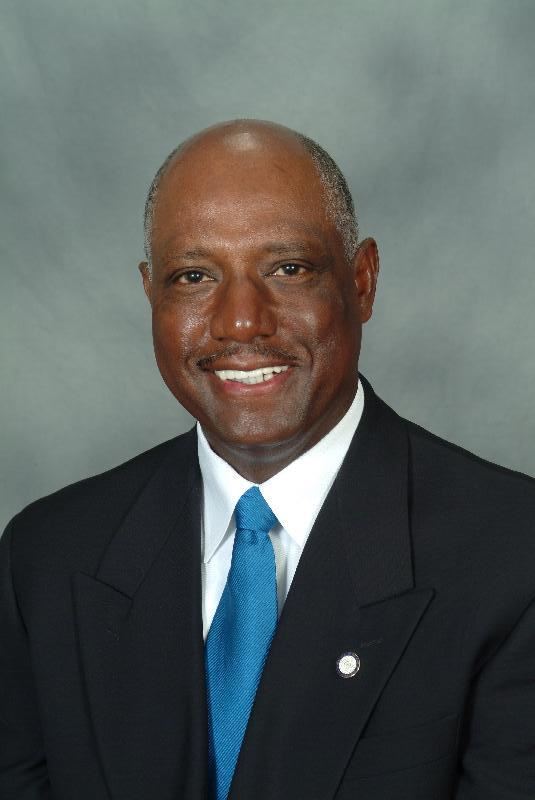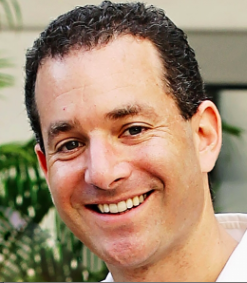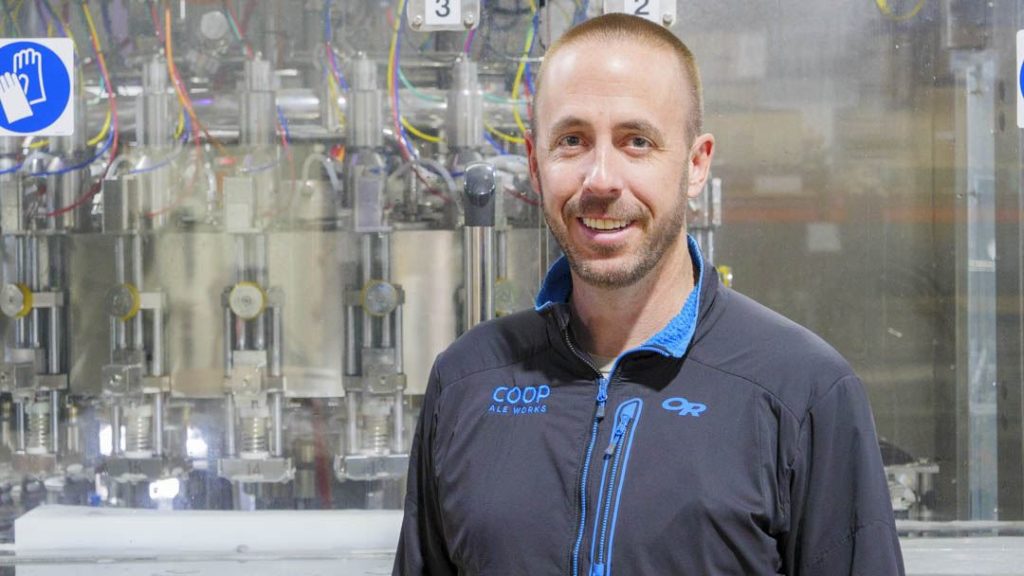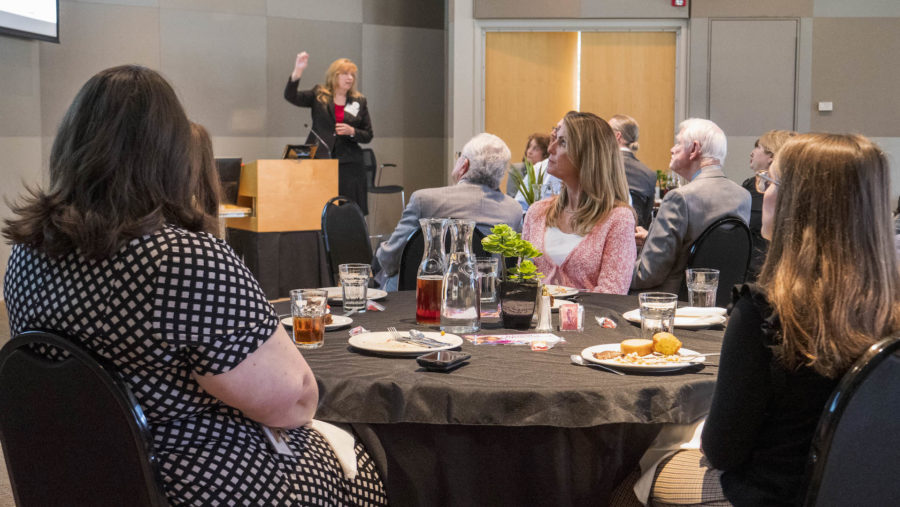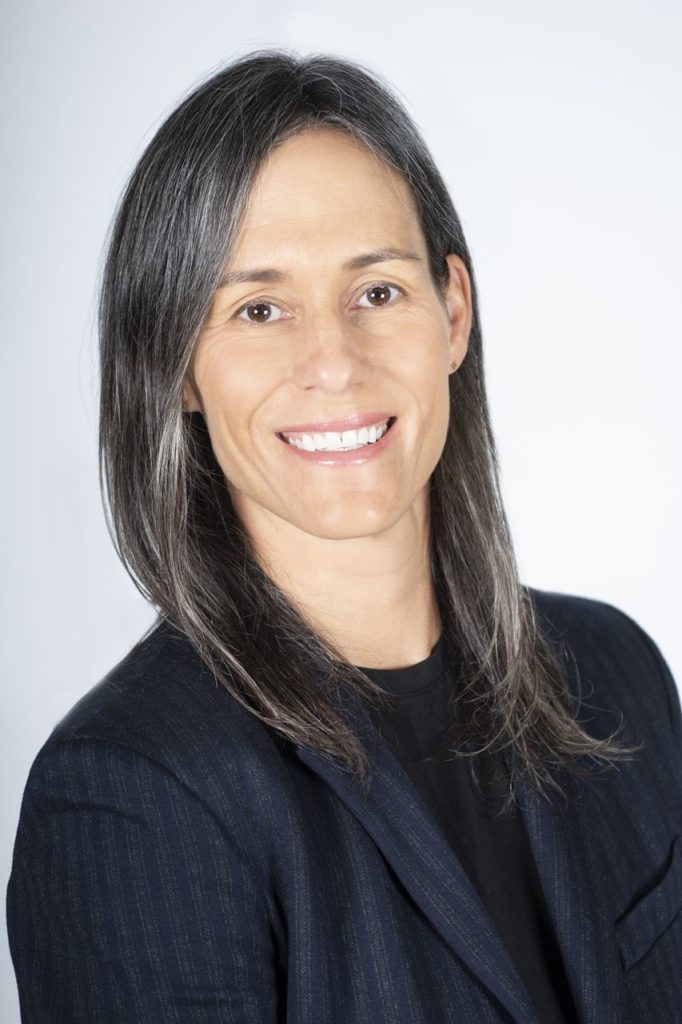
Written by me for the Oklahoma Venture Forum.
As a smart truck and trailer movement leader, Drōv Technologies enables intelligent and safe technology in the transportation industry. They’re developing the AirBoxOne, which controls tire inflation and deflation on the trailer dynamically based on the vehicle’s load.
“As the trailer’s loaded, it calculates the optimal tire pressure and adjust accordingly,” explained Lisa Mullen, CEO of Drōv Technologies. “Then, in that same box, we have set an IoT gateway that will connect to sensor capabilities around the trailer. Everything from the door lock, GPS, accelerometer, refrigeration, temperature, wheel-end temperature, light out detection, camera, cargo sensing capabilities, just to name a few of the initial feature sets.”
The benefits of the system include safety and financial ROI. There are fuel efficiency savings that come with standard tire inflation and management. In terms of safety, having correctly inflated and managed tires will prevent critical issues such as blowouts or leaks that lead to that.
“Our system can detect not only typical leaks like when you roll over something, but we can get down to valve stem leaks,” Mullen said. “And diagnose situations that could ultimately, if left undiagnosed, become bigger problems for the fleet.”
In addition to leak issues, AirBoxOne can diagnose if bearings are heating up or if the temperature on wheel ends are getting to a critical level and prevent wheel end fires. The system can alert the driver and the fleet of those issues to avoid situations that might occur if it gets to a critical level.
Mullen’s involvement with Drōv Technologies started when a group of investors and business partners bought the company when it was just a mechanical tire inflation product. During evaluations, they made the bold decision to take all of the previous products off the market and re-engineer the wheel-end componentry.
“While we did that, we took a look at the market and said, ‘There’s all this money going into technology and the truck, and there’s no technology or very little going into the trailer,'” Mullen said. “In addition to that, we had the notion of inflating and deflating on load, but we had a prototype we hadn’t flushed that out. With what was not happening in the market for the trailer side but what was happening on the truck, we thought let’s make this more of a technology solution. We’ve spent the last few years building out a comprehensive technology solution that can lead the trailer industry from now into the future.”
Mullen is excited about Drōv’s position to continue developing the future of trailer technology.
“We’re being challenged and asked about technology that leans towards working with autonomous trucks or say advanced safety features that aren’t offered in the market and the way that we’ve built our platform, unlike anyone else in the industry, is really in an open and agnostic way that we can receive and we can work on those capabilities,” Mullen said. “The future for me is about development and really pushing the industry forward and maybe disrupting processes in the ways that people think about the trailer industry. And then there’ll be an integration into the truck side as well.”
Mullen credits the company’s success to her incredible team of engineers and product people, business people, and an office culture that’s inviting. Mullen wants an environment where people are excited to arrive at work each day.
“You want to work at a place that facilitates a culture that you know you’re doing something meaningful and interesting in your job, but you also really enjoy the people that you work with,” Mullen said. “I think that it’s important to show people that if you’re the CEO, you will go out still and sweep the floor if it needs to be swept or you’ll pack boxes or sort inventory that we’re all in it together. I think that conveying to people that, ‘A, what we’re doing is amazing and you should be proud of yourself, but we’re also proud of you in terms of the work you’re putting in.’ I think a lot of times, people in management positions assume that people know that they’re appreciated because they’re doing good work, but it’s important to remind people every day that what they’re doing is incredible and valued, and they are valued.”
Lisa Mullen will be speaking at the Oklahoma Venture Forum Power Lunch on Wednesday, November 11, 2020. Be sure to register for the online ZOOM event to learn more about DROV, ask your questions, and connect with other entrepreneurs in Oklahoma.

